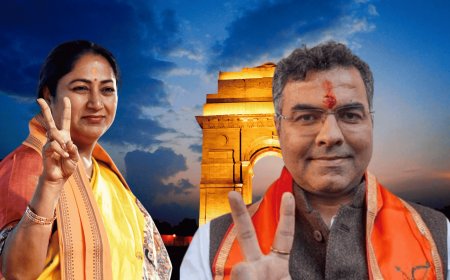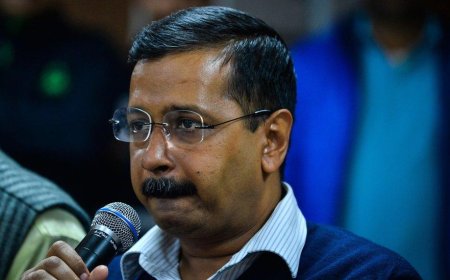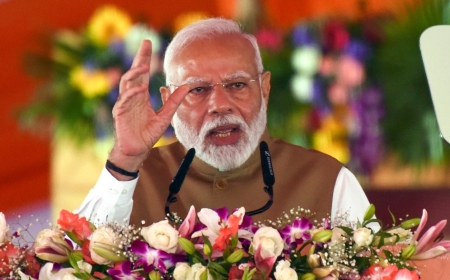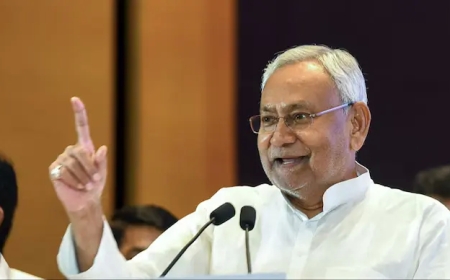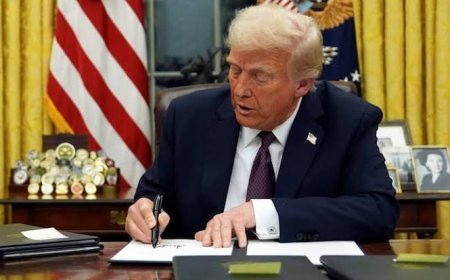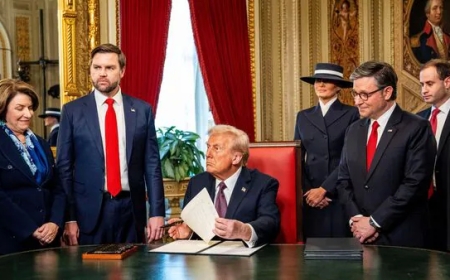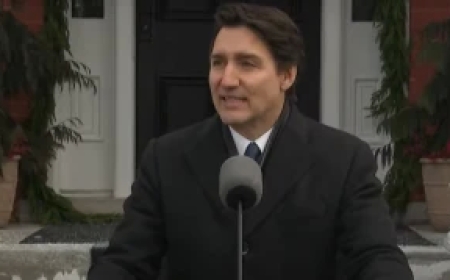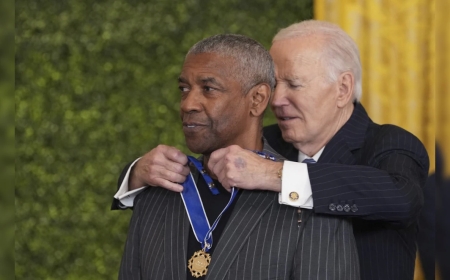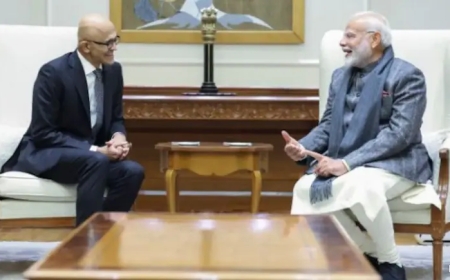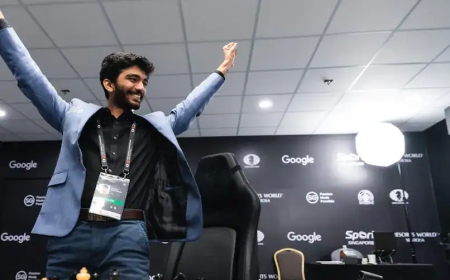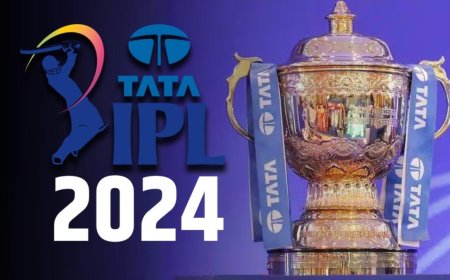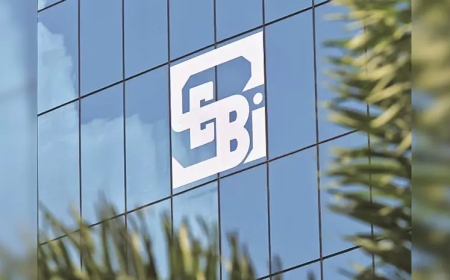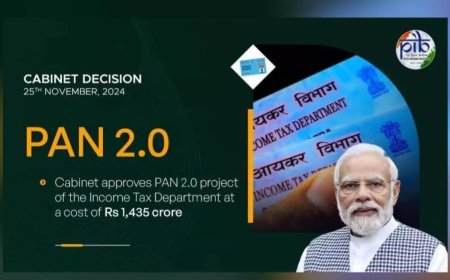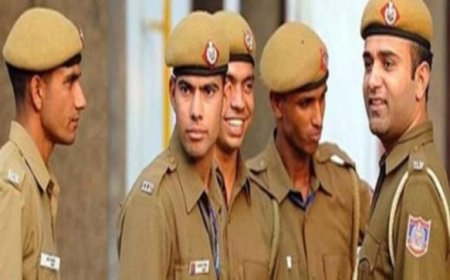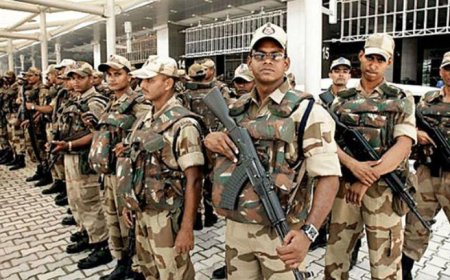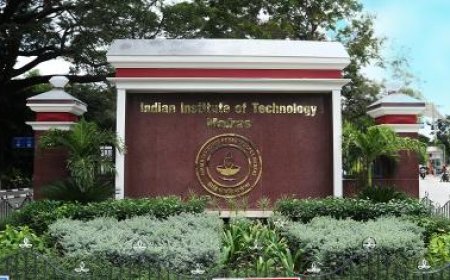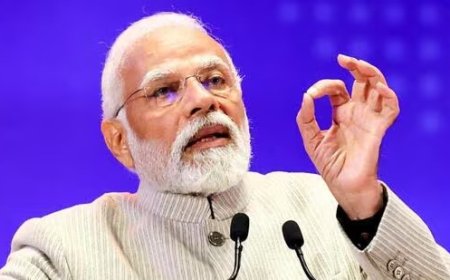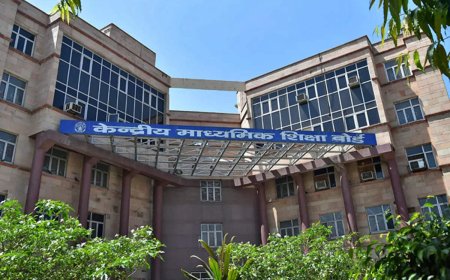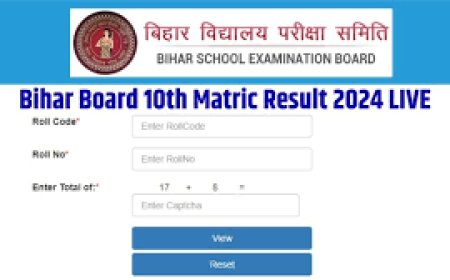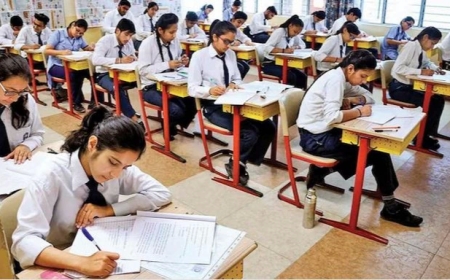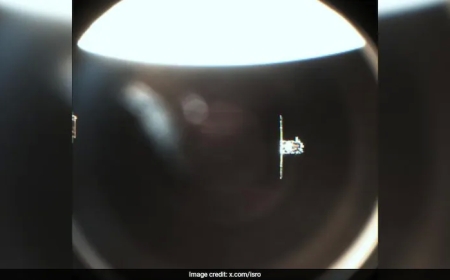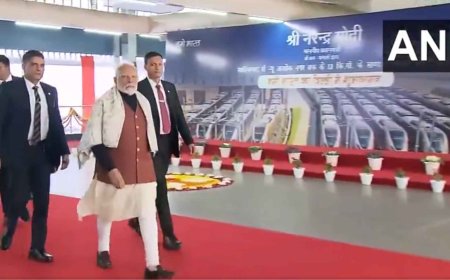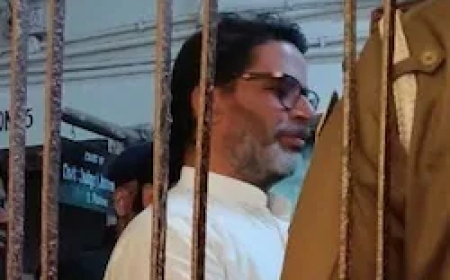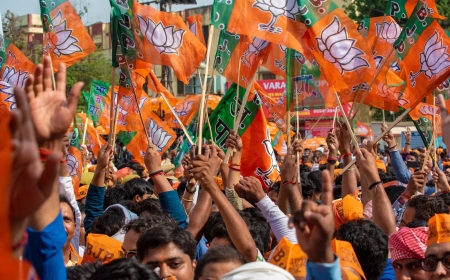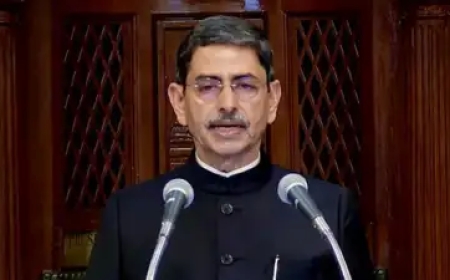Supreme Court Stays Allahabad HC Order on UP Madarsa Education Act
The Supreme Court of India stayed an Allahabad High Court order that struck down the Uttar Pradesh Madarsa Education Act. The Act regulates madrasas but doesn't mandate religious instruction. The SC will decide if the Act is constitutional in July.
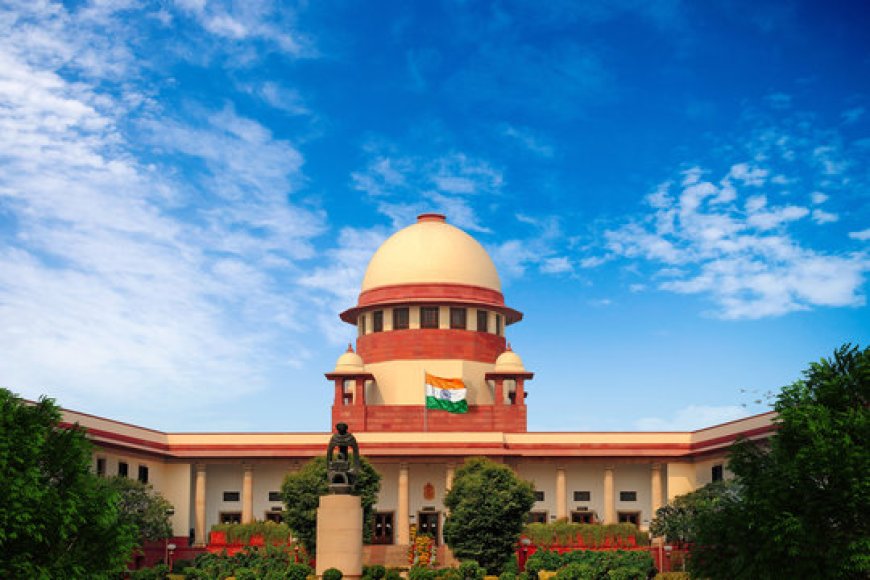
The Supreme Court (SC) has put on hold the Allahabad High Court (HC) order that declared the Uttar Pradesh Board of Madarsa Education Act, 2004, unconstitutional. The HC verdict argued that the Act violated secularism and fundamental rights.
SC's Reasoning:
- The SC bench, led by Chief Justice D.Y. Chandrachud, believes the HC misinterpreted the Act's purpose.
- The Act establishes a regulatory board, not one that mandates religious instruction.
- The court argued that ensuring secular education in these institutions doesn't require scrapping the Act, but rather implementing guidelines.
Impact and Next Steps:
- The SC order allows over 16,000 madrasas and nearly 17 lakh students in Uttar Pradesh to continue under the 2004 Act.
- The HC had directed these students to be relocated to mainstream schools. The SC finds this "prima facie not warranted" and disruptive to their education.
- The SC has admitted appeals challenging the HC order and scheduled the final hearing for July's second week.
- The state government will file a counter-affidavit by May 31st, and appellants can respond by June 30th.
Background:
- A Public Interest Litigation (PIL) challenged the Act's constitutionality.
- The HC verdict in March 2024 deemed the Act violative of Article 14 (Right to Equality) and the principle of secularism.
- The HC argued the madrasa syllabus prioritizes religious studies, neglecting core subjects.
Unresolved Issues:
- The SC acknowledges the importance of ensuring quality secular education in madrasas.
- Whether the current Act needs modification to achieve this objective remains for the court to decide.
This SC stay provides temporary relief for madrasas in Uttar Pradesh while the legal debate on the Act's constitutionality continues.
What's Your Reaction?
 Like
0
Like
0
 Dislike
0
Dislike
0
 Love
0
Love
0
 Funny
0
Funny
0
 Angry
0
Angry
0
 Sad
0
Sad
0
 Wow
0
Wow
0
